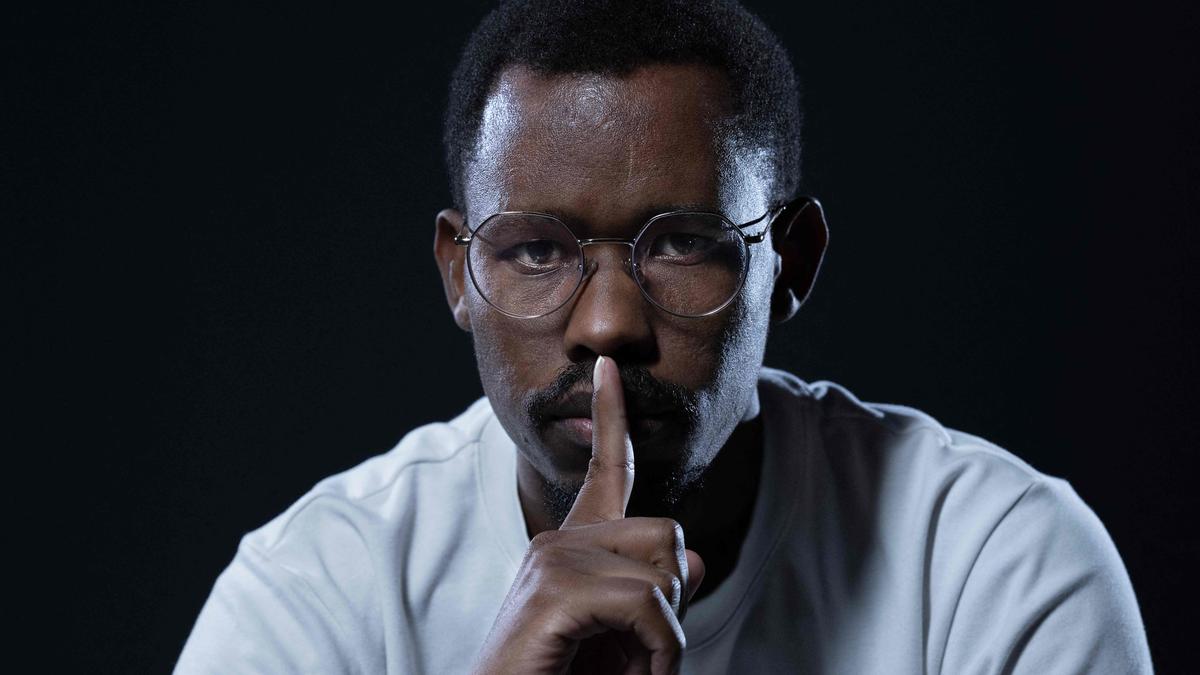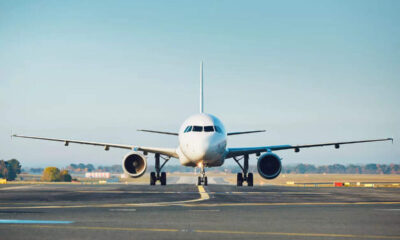Nelson Amenya stirred controversy by revealing confidential discussions about an Indian company potentially acquiring control of Kenya’s primary airport. Despite concerns for his safety, he stands by his decision to disclose the information.
The leaked documents disclosed in July unveiled negotiations between the Adani Group, led by India’s wealthiest individual Gautam Adani, and Kenyan officials regarding a 30-year lease for Nairobi’s Jomo Kenyatta International Airport.
The airport, a key transport hub in Africa, is in need of significant renovations due to frequent power failures and infrastructure issues.
Although Adani proposed a $1.85 billion investment, critics argue that this amount is inadequate considering the airport’s strategic importance, generating five percent of Kenya’s GDP through fees.
The talks were conducted clandestinely, without soliciting bids from other interested parties.
“The negotiations were shrouded in secrecy due to the terms offered. Adani’s request to retain 18% equity in the airport even after the lease period raised concerns,” Mr. Amenya shared with AFP.
His disclosure sparked public outcry, leading to a strike by airport staff and a parliamentary inquiry.
During a recent hearing, Finance Minister John Mbadi expressed astonishment at the swift approval granted by the Kenyan Aviation Authority (KAA) to Adani’s proposal in March.
While the KAA has not addressed the lack of transparency surrounding the deal, they pledged to subject it to comprehensive technical, financial, and legal evaluations.
‘I’m not safe’
Far from being commended for shedding light on the agreement, Mr. Amenya claims to be facing various forms of persecution.
Shortly after his revelations, the Directorate of Criminal Investigations in Kenya accused a carbon credit firm he co-founded of selling counterfeit cryptocurrency.
“We don’t engage in cryptocurrency transactions on our platform at all,” Mr. Amenya dismissed the allegations.
He opted to expose the deal while studying in France, citing safety concerns if he were in Kenya.
“Remaining in Kenya would expose me to police harassment, mercenary threats, and potential harm,” he expressed.
Even in France, he has been served with a gag order through legal channels.
More alarming are the warnings regarding his physical well-being.
“I am aware of the risks and acknowledge the imminent threat to my safety in France,” Amenya admitted, without divulging specifics about his sources, but he has reported his apprehensions to French authorities.
“Considering the magnitude of a $2 billion deal, one can only speculate about the extent of under-the-table dealings involved,” he added.
Such concerns are valid, affirmed Sheila Masinde, the head of Transparency International’s Kenya chapter, emphasizing the need for legal and physical protection for whistleblowers.
“Nelson deserves safeguarding, as he is acting in the public interest,” Masinde stated.
‘Illegal dealings’
Adani’s reputation troubled Mr. Amenya the most in the airport agreement.
The Indian conglomerate faced substantial financial losses last year following allegations of stock manipulation and accounting fraud by a US-based research firm, Hindenburg Research.
Environmental activists in Australia have accused Adani of unethical practices in their mining operations, including environmental degradation, human rights violations, corruption, and illegal activities.
Adani has refuted these claims, labeling them as a deliberate attack on their reputation.
The Adani Group did not respond to AFP‘s request for comment.
Mr. Amenya believes that the airport deal would have remained undisclosed until finalized if he had not exposed it earlier.
“Timing was crucial as they were on the brink of finalizing the commercial agreement and advancing to the project development phase,” he told AFP.
“While we may not prevent Adani from assuming control of JKIA, we can influence the terms of the agreement.”
The Kenyan government asserts that negotiations are ongoing, emphasizing the urgency of airport improvements.
Published – October 01, 2024 02:19 pm IST







































